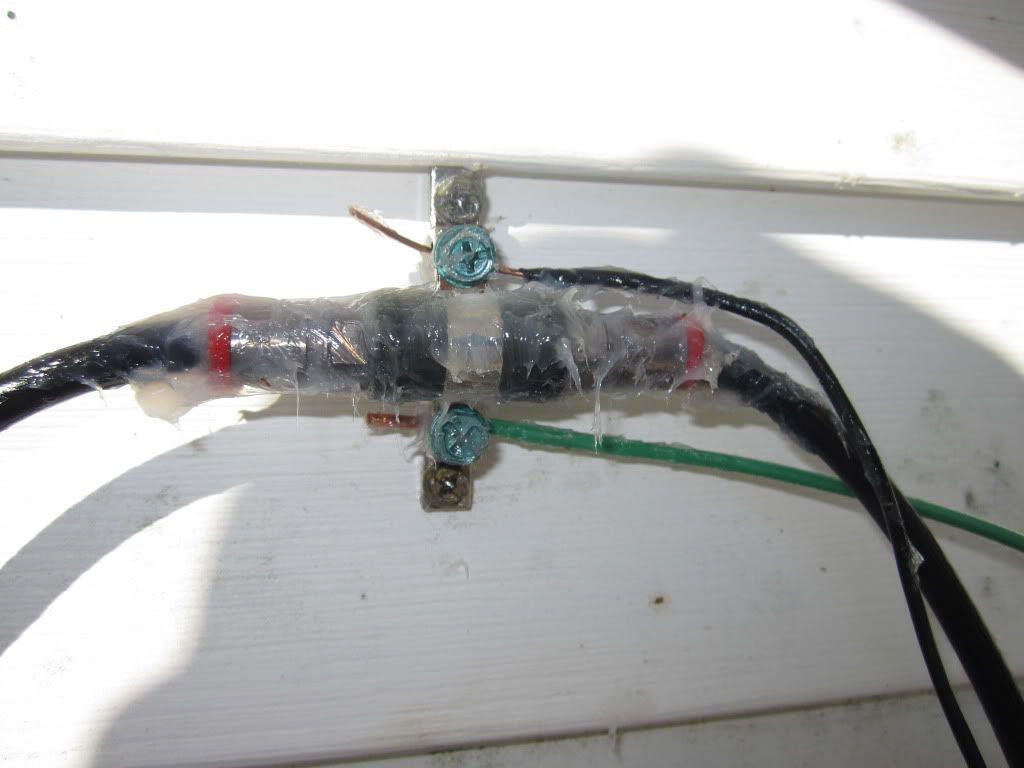Wow! I wish I had your installer. I had to buy mine.....I use those rings in post #2...the installer who installed my Directv dish gave me a bag of them (and as bag of PPC 6XL connectors since I used those on my setups)
Now that is a nice pile of tools. Good info. Have one on me.It is a coax wrench.......




